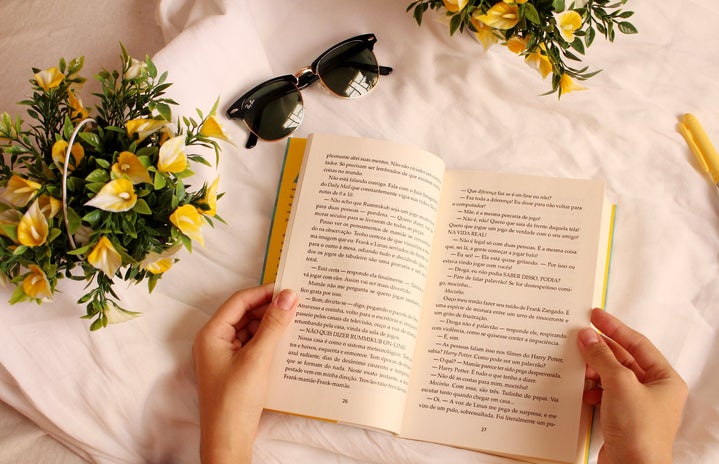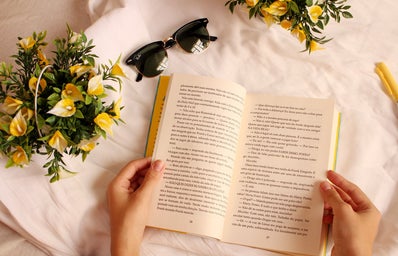Women have a long history as novelists. From Jane Austen to Margret Atwood, women have pushed the form and produced some of history’s most enduring works. In fact, the first novel believed to be written, “The Tale of Genji” was written by Murasaki Shikib, a woman who lived about a thousand years ago in Japan. March is Women’s History Month and what better way to celebrate than to explore some of the most profound pieces of writing done by womankind.
- “Mrs. Dalloway” by Virginia Woolf ($13.49)
-
Virginia Woolf’s 1925 novel “Mrs. Dalloway” follows a day in the life of English socialite Clarissa Dalloway as she prepares for a party in 1920s London. While she goes about her day, Clarissa is flooded with memories from her past. Woolf also weaves in the melancholy tale of World War I veteran Septimus Warren Smith’s struggle with PTSD creating a story of the ordinary and the extraordinary. From the opening line “Mrs. Dalloway said she would buy the flowers herself,” this novel is plain, but anything but simple.
- “I Know Why the Caged Bird Sings” by Maya Angelou ($7.99 at Barnes and Noble)
-
Maya Angelou’s autobiographical novel “I Know Why the Caged Bird Sings” is a thought-provoking and beautiful story about race, gender and literacy. I don’t want to say too much because it really is one of those books that you should experience without any preconceived notions about what it is about, so I will let Angelou speak for herself. “The caged bird sings with a fearful trill/ of things unknown/ but longed for still/ and his tune is heard on the distant hill/ for the caged bird sings of freedom.”
-
“The Age of Innocence” by Edith Wharton ($8.95 at Barnes and Noble )
-
Edith Wharton’s portrait of New York society during the Gilded Age is a masterful work about the futility of social rules. “The Age of Innocence” won the Pulitzer Prize in 1921, making Wharton the first woman to win the prestigious award. Following the doomed romance of Newland Archer and Countess Ellen Olenska, “The Age of Innocence” is a profound statement about class, money, and yes, innocence.
- “Jane Eyre” by Charlotte Brontë ($7.95 at Barnes and Noble)
-
As a young woman, I really resonated with the character of Jane. She is a modern yet timeless representation of independent young women. Jane belongs in the English manor Thornfield Hall as much as she might fit in at a college dorm. “Jane Eyre” is essential reading for not just women, but everyone. The stories, characters and themes of “Jane Eyre” are timeless reflections of the human spirit.
- “The Bell Jar” by Sylvia Plath ($15.99 at Barnes and Noble)
-
The only novel by Sylvia Plath, “The Bell Jar,” is a brilliant and haunted descendance into the human psyche. This semi-autobiographical depiction of the protagonist Ester Greenwood’s mental breakdown and struggle with depression is honest and accessible. “The Bell Jar’s” relationship with mental health and mental illness is revolutionary. The writing is immaculate. How can you not love a book with lines like: “I took a deep breath and listened to the old brag of my heart. I am, I am, I am,”?



